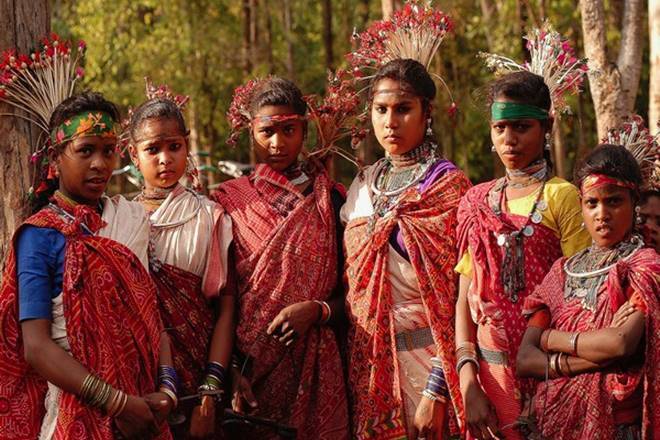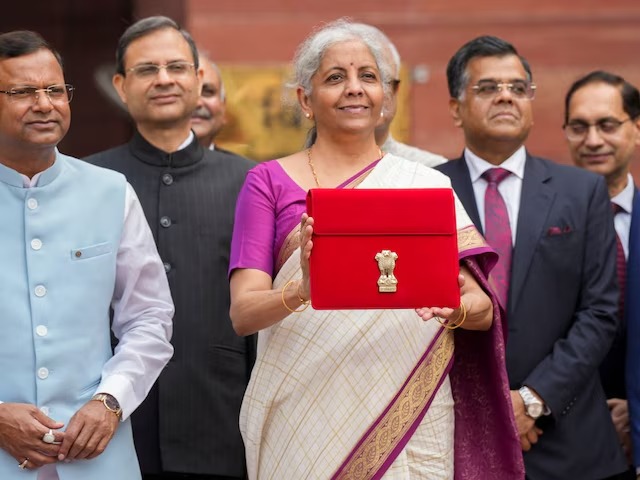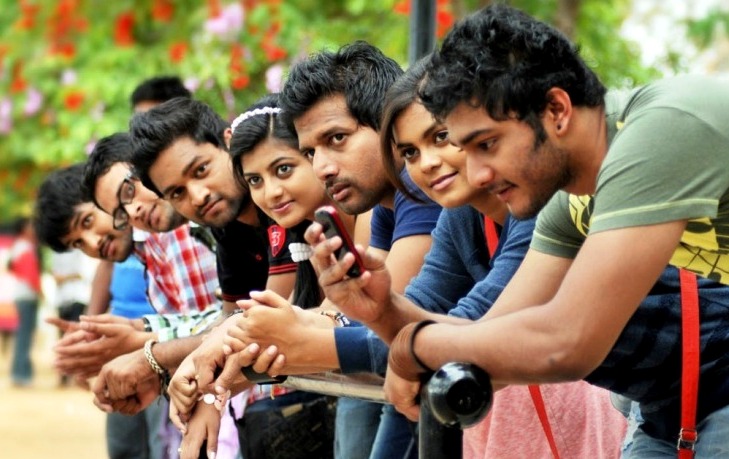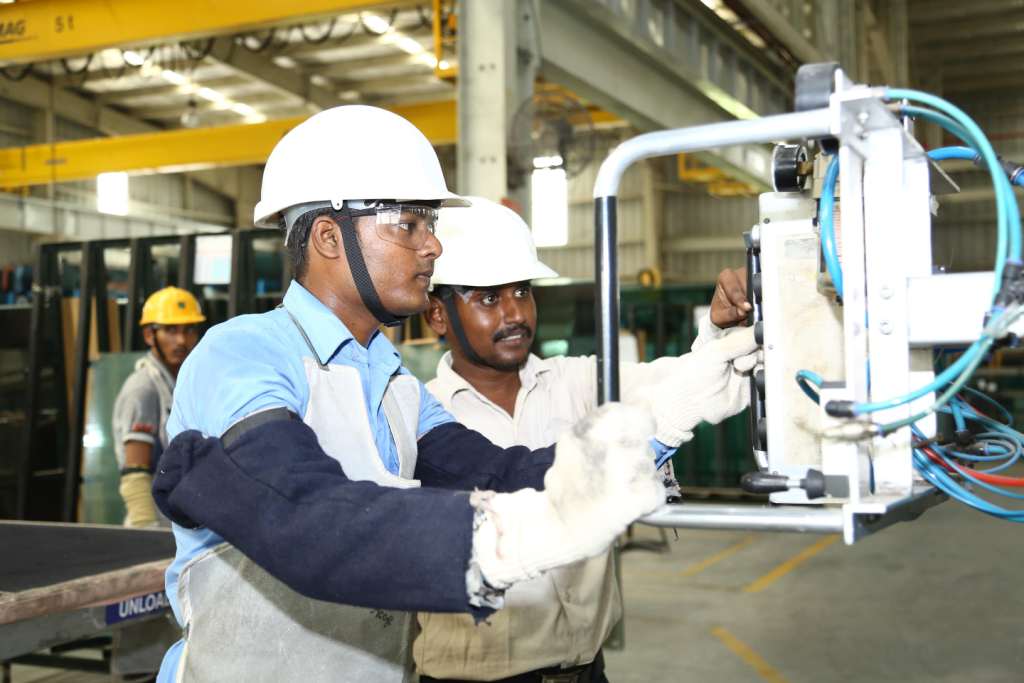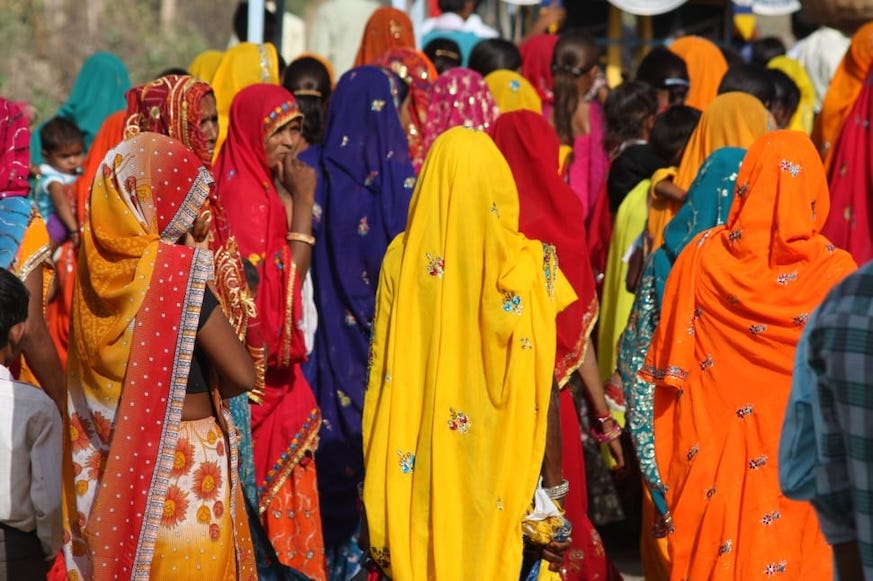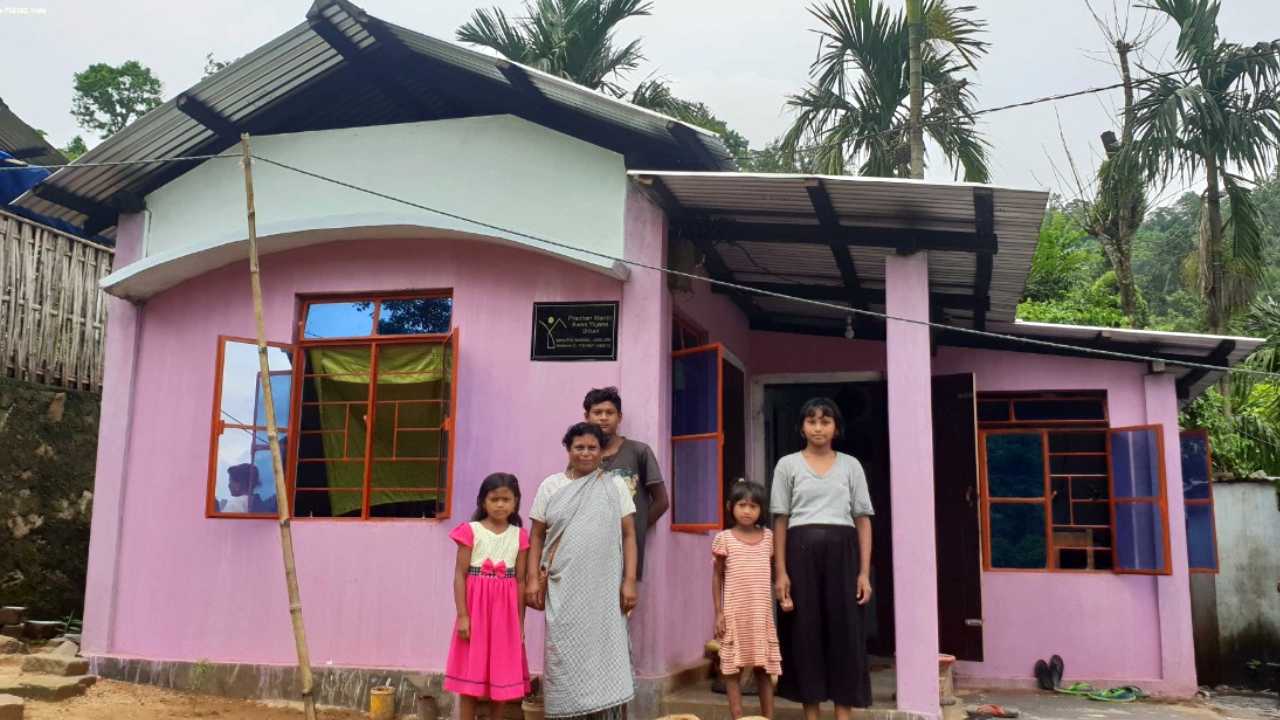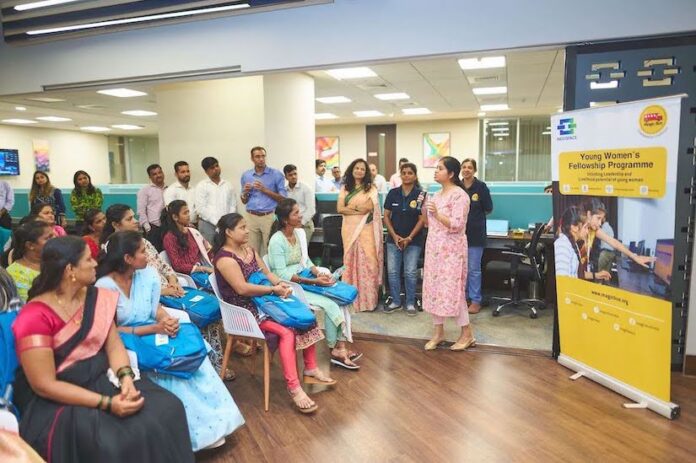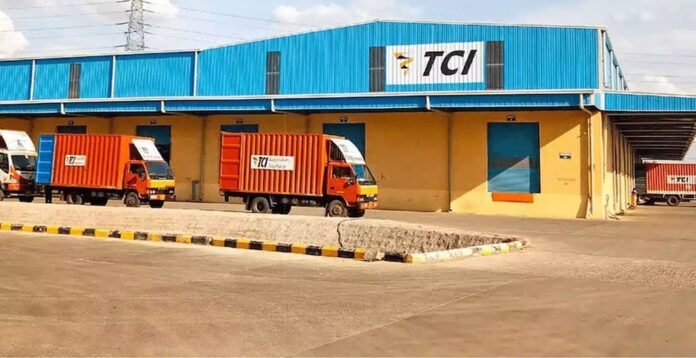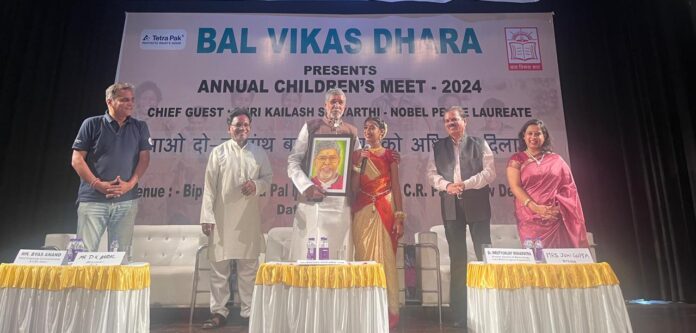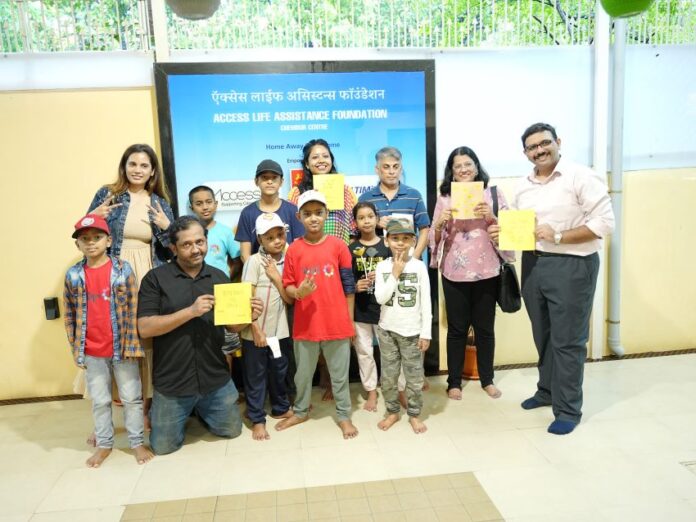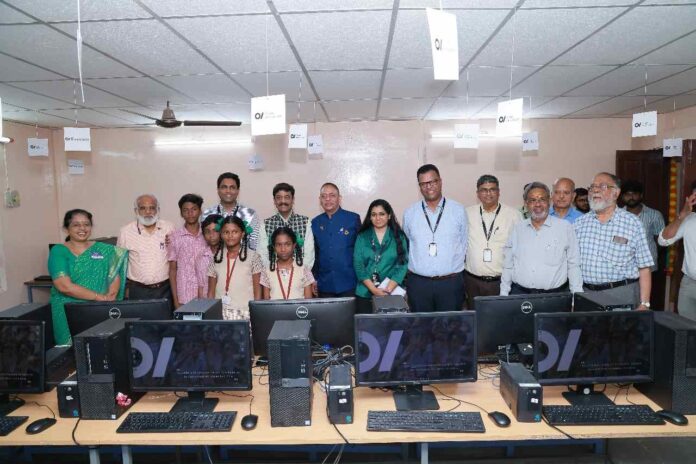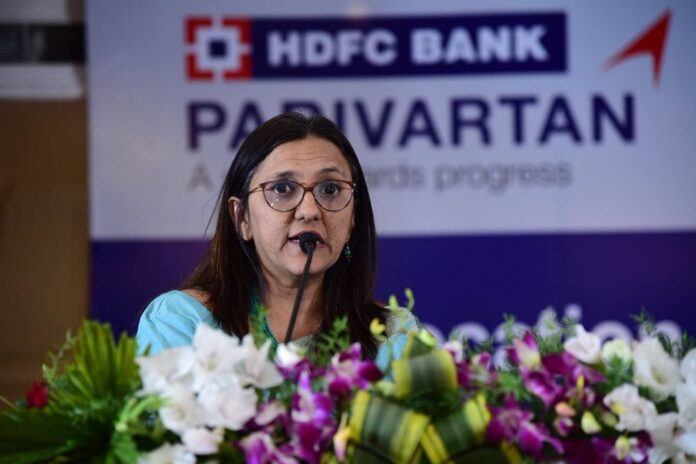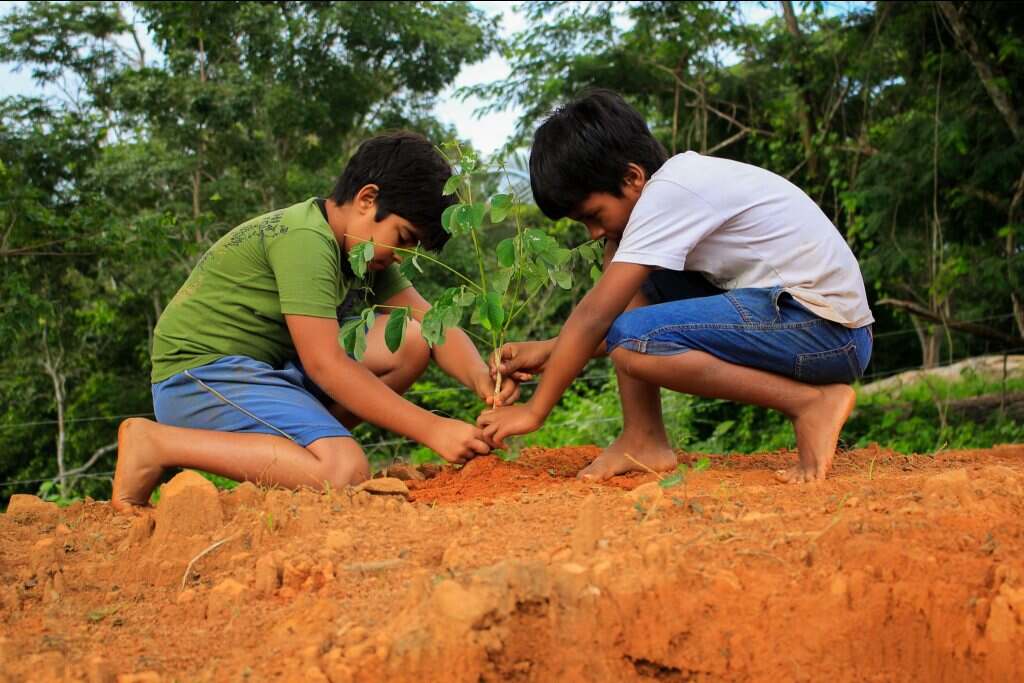Prime Minister Narendra Modi’s first budget in his third term meant for the financial year 2024-25 puts employment and skill development for youths on priority, as announced by Finance Minister Nirmala Sitharaman on Tuesday. While announcing the budget, the Finance Minister announced a Rs 2 lakh crore package for schemes which are aimed at creating jobs and skilling 4.1 crore Indian youth.
“Turning attention to the full year and beyond, in this budget, we particularly focus on employment, skilling MSMEs and the middle class. I am happy to announce the Prime Minister’s package of five schemes and initiatives to facilitate employment, skilling and other opportunities for 4.1 crore youth over a five-year period with a central outlet of Rs 2 lakh crore,” the Finance Minister said during her budget speech.
Union Budget 2024: Benefits for Students
E-vouchers for loans up to rupees 10 lakh for higher education in domestic institutions to be given directly to one lakh students every year for annual interest subvention of 3% of loan amount.
The model skill loan scheme will be revised to facilitate loans up to rupees 7.5 lakh with a guarantee from a government promoted fund expected to help 25,000 students every year.
Prime Minister’s Package: Focus on Employment and Skilling
Employment
Three schemes have been announced for ‘Employment Linked Incentive’
Scheme A: First Timers
Direct benefit transfer of one month salary in three installments up to rupees 15,000 to first-time employees registered in Employees Provident Fund Organisation (EPFO). The eligibility limit will be a salary of Rs 1 Lakh/ per month. The scheme is expected to benefit 210 Lakh youth.
Scheme B: Job Creation in Manufacturing
Incentive to be provided directly to both employee and employers as per their EPFO contribution in the first four years of employment.
Scheme C: Support to Employers
Reimbursement to employers up to Rs 3000 per month for two years towards their EPFO contribution for each additional employee.
Skilling
The Prime Minister’s Package aims to boost skilling in collaboration with state governments & industry with a new centrally sponsored scheme. Under this 1000 ITIs to be upgraded in hub and spoke arrangements in 5 years. Also, the government plans to focus on outcome and quality in collaboration with states and industries
With a focus on internship in top companies, 1 crore youth to be skilled by India’s top companies in 5 years. The 12-month Prime Minister’s internship will grant a monthly allowance of Rs 5000.
As part of the fourth scheme under the Prime Minister’s package for skilling and collaboration with state governments and Industry:
–20 lakh youth will be skilled over a 5-year period
–1000 ITIs will be upgraded in Hub and Spoke arrangements with outcome orientation
–The Model Skill Loan scheme will be revised to facilitate loans up to Rs 7.5 lakh with a guarantee from government promoted fund.
–For helping our youth who have not been eligible for any benefit under govt schemes, a financial support will be given for loans up to Rs 10 lakh in higher education in domestic institutions.
Union Budget 2024: Benefits for Women
With a focus on Inclusive Human Resource Development & Social Justice, Rs 3 lakh crore has been announced for schemes benefitting women and girls
Working women’s hostels and creches will be set up in collaboration with industries.
Union Budget 2024: Other Key Highlights
Apart from the above, notable highlights of the budget include
— Announcement of 3 crore additional houses in rural & urban areas under Pradhan Mantri Awas Yojana.
— Under the PM Awas Yojana Urban 2.0, housing needs of 1 crore urban poor & middle-class families will be addressed with an investment of Rs 10 lakh crore.
— Union Government to Work With States to Facilitate Development of ‘Cities as Growth Hubs’. 14 large cities with a population above 30 lakh will have Transit Oriented Development Plans.
— The government envisions a scheme to support the development of 100 weekly haats, or street food hubs over the next 5 years in select cities
–PM Janjatiya Unnat Gram Abhiyan to be launched to improve the socio-economic conditions of India’s tribal communities, which is expected to cover 63,000 villages and benefit 5 crore tribal people
